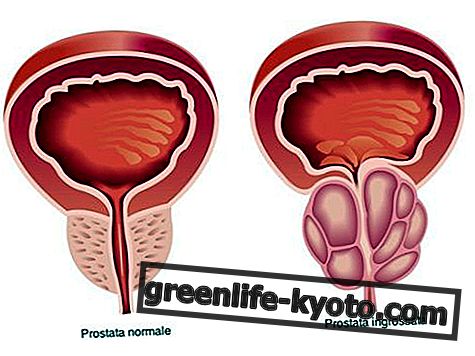
Plant neurobiology is a new scientific discipline that studies the cognitive abilities of plants . In particular, how plants receive the signals from the environment, how they re-elaborate the information and how they decide the solutions to be implemented for their survival.
To understand the definition of plant neurobiology, let's get to know what is meant by neurobiology.
This term indicates the specialized branch of biology related to the study of the nervous system and in particular the knowledge of its fundamental unit the nerve cell.
This nerve cell is called neuron and neurobiology studies precisely how neurons are born, how they are organized, how they work, how they age and die within the human body or in the animals.
In plants up to now no neuronal cells have been identified, there are no so-called neurons but scientists have begun to discover that instead there are areas and cells in plants that have a neuronal-like behavior and therefore experimentation has begun to know the neurobiology in plants.
Even scientific studies have reported the presence of substances such as glutamate, serotonin, dopamine and acetylcholine which in the human body are neurotransmitters therefore substances that have the function of transmitting information between neurons.
The immediate question is: what will these neurotransmitters be used for inside the plants if there are no neurons ?
The tests and studies on plants have thus begun to evaluate the different ways of internal and external communication of the plant, even discovering that plants have some sort of memory and therefore learn and choose particular behaviors in response to the evaluation of the many factors they capture.
It seems that plants can evaluate over 15 parameters to decide which solutions to implement for their best survival and also plants have many different forms of communication between them and the external environment or with other living beings in particular other plants of the same species. Scientists are starting to talk about "plant intelligence" thanks to these new discoveries in plant neurobiology.
The first laboratory of plant neurobiology
The first study center of plant neurobiology was born in Italy in 2005 in Sesto Fiorentino . This new center is truly avant-garde for plant experiments and its acronym is LINV which in full means precisely the International Plant Neurobiology Laboratory.
The center is present within the Scientific Pole of the University of Florence and the LINV researchers are coordinated by Professor Stefano Mancuso .
The LINV is the first laboratory that studies plants for their cognitive abilities revealing the signals of uptake and emission, their senses of perception and the resolution and survival behaviors that implement plants.
This laboratory collaborates with many other centers and in particular the team of František Baluška of the University of Bonn where Mancuso himself declares that plant neurobiology was born with this team of researchers.
The first international congress on plant neurobiology created a great movement in the ideological field on plants and also in science.
However, the many researches of these teams are increasingly highlighting the cognitive capacities of reception, processing, implementation and internal and external communication in plants.
Furthermore, these researches have implications in applications both in telecommunications and in robotics where plants could give examples from which to copy new eco-technologies or in which the same plants could be an integral part of future organic-based or plantoid-based computers. from the humanoid similarities but associated with plants.
The innovations that may derive from the new knowledge of plant neurobiology will be in numerous fields and will also increasingly lead to recognizing plants as sensitive and perceptive living beings by changing the vision that man has of the plant kingdom.
Plant neurobiology
Plant neurobiology is therefore the scientific discipline that studies structure, functioning, development, biochemistry, physiology, genetics that regulate the plant's response to external and internal stimuli.
In conclusion we can say that plant neurobiology analyzes the plant's cognitive abilities, its ways of receiving information, calculating them and processing them to make choices and implement behaviors.
These behaviors differentiate from the animals that can move and act but in plants the modifications are on the morphological level and on one's own metabolism.
These behavioral changes in plants also derive from previous learning, using a certain form of memory and plant intelligence to implement these changes.
Plant neurobiology is a new science to learn more about the plant world and reveal its many hidden secrets ... it will thus bring more and more evidence that the plant world is not firm and insensitive organic matter but on the contrary the plants are endowed with senses, of memory, of intelligence and of many cognitive abilities.













